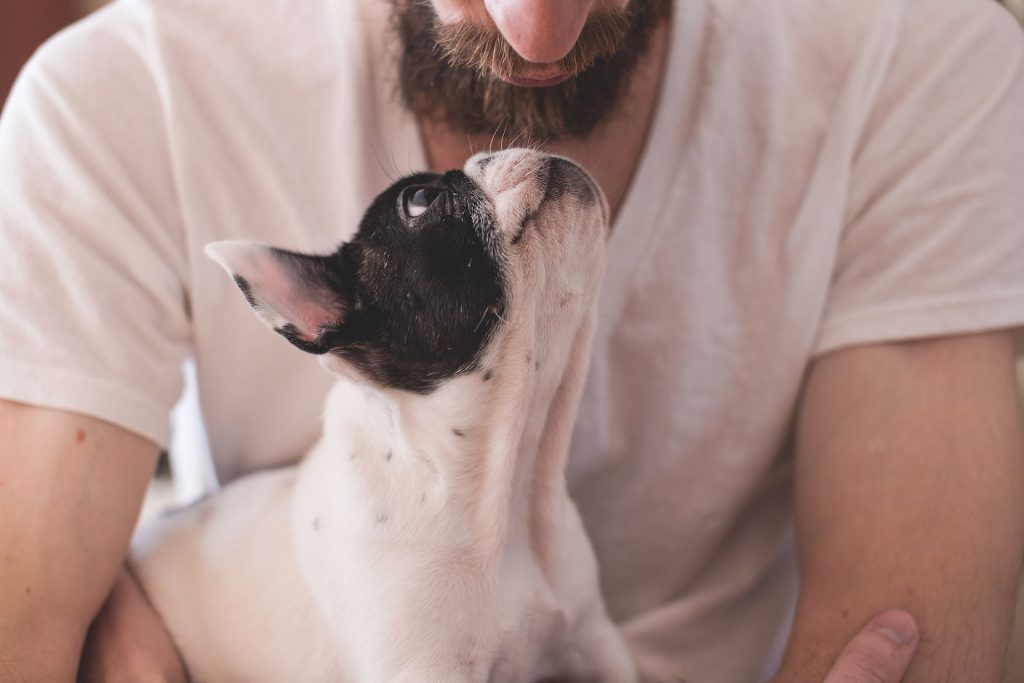Three mass shootings in eight days. The latest marks the 251st mass shooting in 2019; more than the number of days in this year. A mass shooting is defined as an incident in which at least four people are shot, excluding the shooter. As violence increases, we are desperate for answers. Depending on who you talk to, it’s complicated and a general profile of a mass shooter seems impossible to create.
The National Institute of Justice is studying the problem and creating a database. Perpetrators and their families have been interviewed, survivors, and first responders also. There are manifestos by some, red flags not reported by others and a lot of speculation on the topics of guns and mental health. Even though each case has its own individual nuances, four characteristics have been noted.
- Exposure to and an experience of early childhood trauma. This category is wide in scope covering everything from abuse, neglect, violence and bullying. A response to that trauma, with or without help, has led to the person feeling depressed, anxious, angry and mentally unstable.
- There was anger behind grievances. The lead-up period of the shooter escalated and something triggered that person to act.
- Shooters are part of a social contagion phenomenon in which they model their acts from other mass shootings, become fueled online and seek attention by playing on fear of and our fascination with the shootings.
- They had access to guns. Data suggest that most of the shooters got weapons from family members or acquired them illegally, sometimes legally.
But one characteristic is missing and that has to do with the state of religion in America. What is the spiritual health of the shooters? In interviews with the shooters, they often talk about a darkness overcoming them, feeling evil and enraged with people with whom they have complaints of mistreatment. This speaks loudly to a spiritual problem in need of a spiritual solution.
So what are the take aways?
- Better control of arms including safe storage. When shooters are interviewed, they often said that if they didn’t have easy gun access they might not have acted.
- Don’t give media attention. I loved what the police officer said after the Virginia Beach shooting. I am paraphrasing but it was something like, I will say his name once and then never again. Starve any media coverage.
- Think seriously about how social media distributes violent content. Sites should be held accountable for allowing disturbing content that encourages violence and hatred toward others.
- Say something if you see or hear something. People need to speak out if they hear disconcerting talk or see abnormal actions, then report to the police.
- People in crisis need help that is continuous and on-going. Too often, people are identified with serious problems but there is no accountability for their actions over time. Initial help may be given but long-term follow up is often lacking.
- There is evil in the hearts of men and women. A life is transformed by the power of Christ. When a society continuously removes the spiritual core of the nation, evil has more of a playground. Anger, bitterness, unforgiveness, rage, malice are all part of the shooter’s profile.
- Martin Luther King, Jr. had it right, “Darkness cannot drive out darkness; only light can do that. Hate cannot drive out hate; only love can do that. Hate multiplies hate, violence multiplies violence, and toughness multiplies toughness in a descending spiral of destruction … The chain reaction of evil – hate begetting hate, wars producing more wars – must be broken, or we shall be plunged into the dark abyss of annihilation.” (1963). May God help us all!


